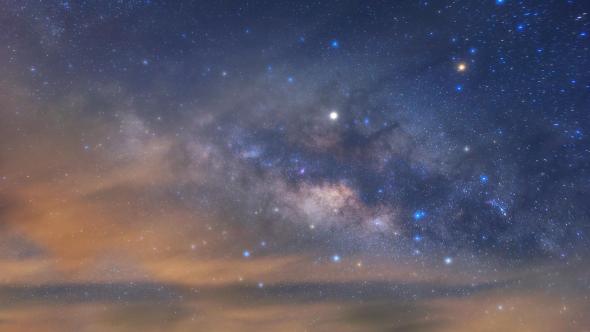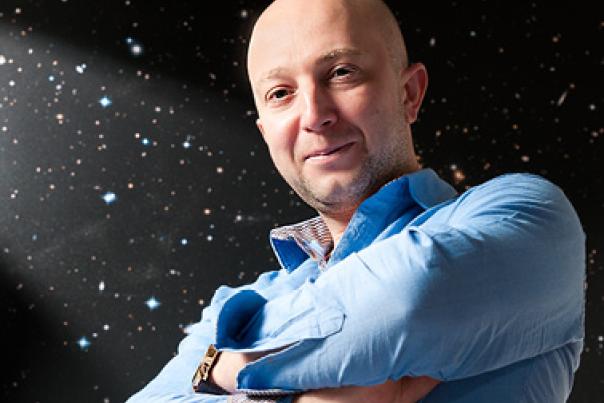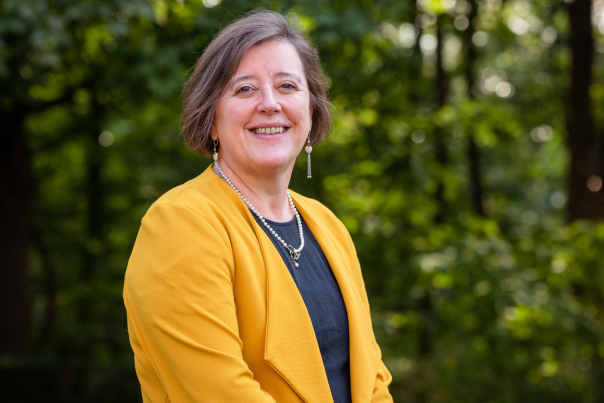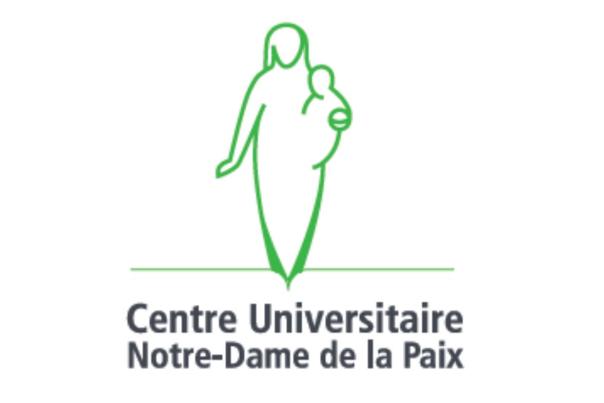"This economy is based on the development of new products and services stemming from the convergence of digital and space technologies. [...] New Space is above all a commercial space in which the public and private spheres come together in a contractualization ". With greater democratization of access to space? A. Castiaux takes a critical look: "We can wonder about a race for space development by wealthy nations, who reproduce in space the inequalities on Earth ". L'Humanité also exports the issue of responsible consumption and technological development: "The surge of satellites in space is directly linked to our digital hyperconsumption on Earth. It calls into question our own uses and sobriety". An analysis that underlines the importance of the humanities and social sciences taking up the subject and proposing a multidisciplinary and multicultural approach to spatial development, which includes notions of ethics, inclusion and economic, social and environmental justice.
To this end, the panel of experts was completed by Jacques Arnould, historian, theologian and the world's first ethicist recruited by a national space agency, the Centre National d'Études Spatiales (Paris). J. Arnould recalled the guidelines that should guide space exploration. "As early as the 1960s, a legal corpus of international space law was built up. The principles on which it is based are principles of common good and non-appropriation of this space". In the United Nations Outer Space Treaty, signed in 1967, it is specified that celestial bodies cannot be the object of national appropriation, by any means. "The exploration and exploitation of the resources of the Moon, for example, are defined as being the prerogative of Humanity as a whole, in the interest of present and future generations." But today, what is being done with this right? "There are moves to assert the defense of national interests in the extraction of resources in space, under the Obama administration in 2015 for example. [...] So there are questions of new governance that need to be invented, in the spirit of space law initiated back in the 60s and 70s." "Players in the space field are aware of the dangers. They are the first to experience them. They therefore need to think about how to act together for the good of each and all." The three speakers concluded the exchange on a certainty: that of the absolute necessity for Humanity to take up, together, the social, societal and environmental challenges of space conquest to manage, responsibly and sustainably, this "asset most common to all".



